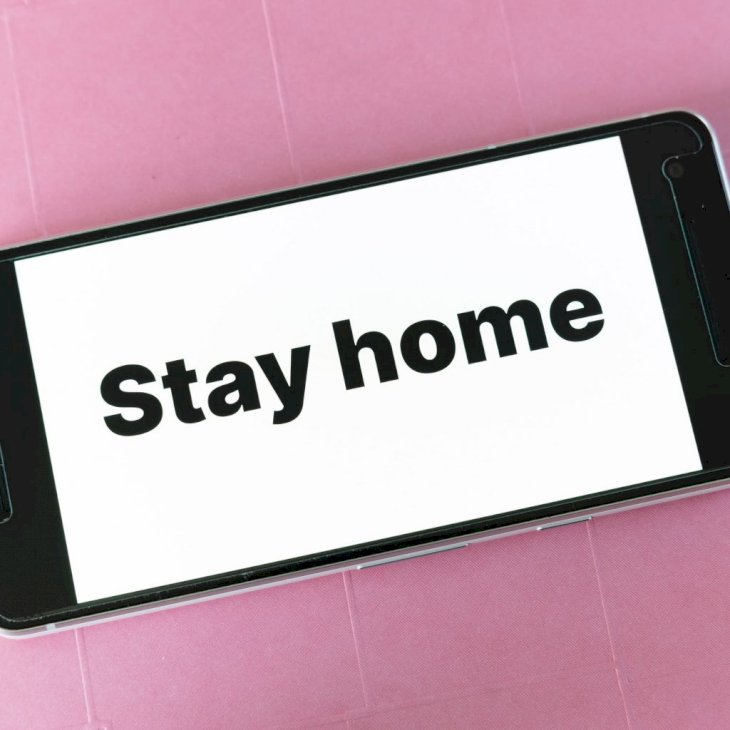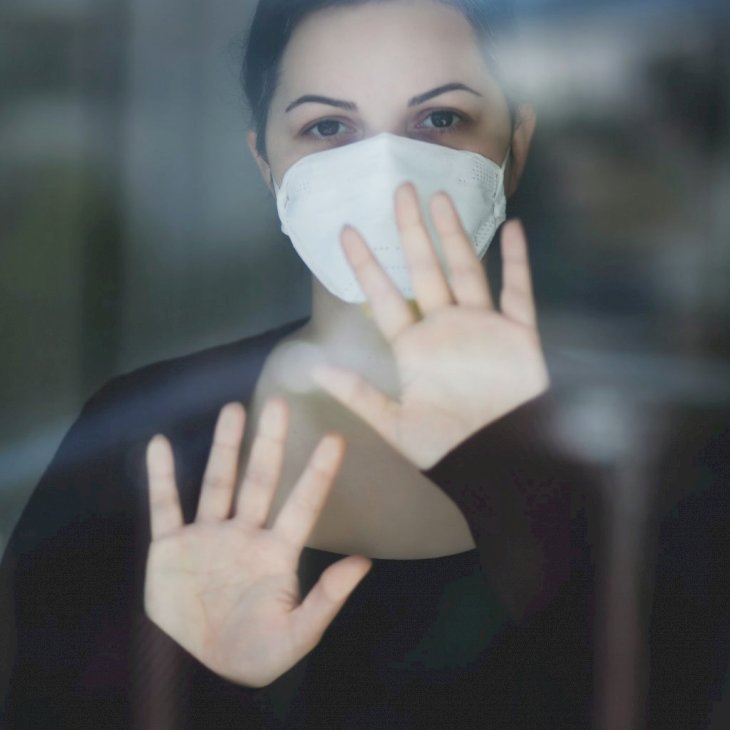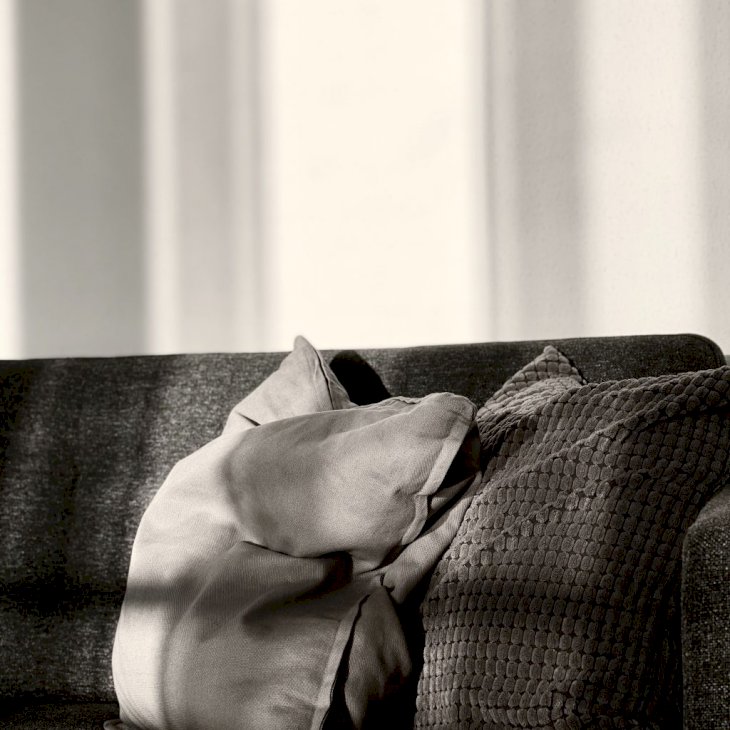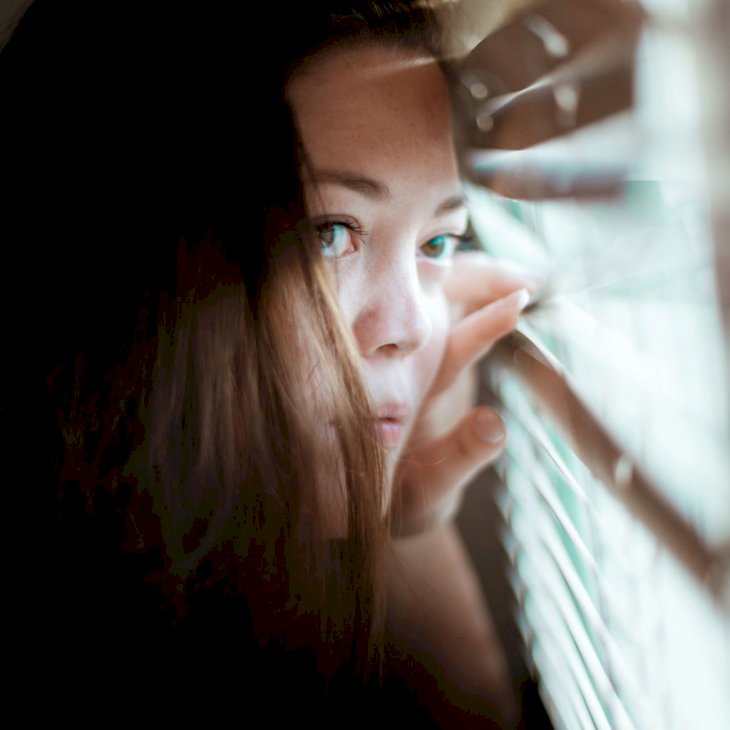
Understanding Pandemic Induced 'Cave Syndrom'
Cave syndrome may explain the anxiety and unease many people are feeling post-pandemic.
After languishing was considered the trendy COVID-19 buzzword, the post-pandemic has another feeling.
More than a year later, the pandemic changed the way we live our lives — with uncertainty, speculation, masks, and social distancing — many people still don't feel comfortable leaving their homes yet. The reluctance to leave the safety of their isolation can be called cave syndrome.
What's Cave Syndrom?

Photo by Markus Winkler on Unsplash
Isolation has triggered many negative feelings in us, like anxiety, unease, and stress. After that being said, home is the only place that is actually safe, many people still don't feel okay to get back to their regular social life.
According to the American Psychological Association, 49% of all adults polled reported feeling uneasy about returning to public society.

Photo by Önder Örtel on Unsplash
Cave Syndrom falls into two types. The first group is the folks who got used to the shelter-in-place life, such as working from home, social distancing, and so on. The second group is the people who got vaccinated but still have a deep fear of infection.
"There is this disconnect between the actual amount of risk and what people perceive as their risk."
Alan Teo, an associate professor of psychiatry at Oregon Health and Science University, to Scientific American

Photo by Julius Döllefeld on Unsplash
We didn't only create a habit of wearing masks, staying away from public spaces, and create a new life at home that makes the second group of people not trust that they can feel safe again back in the real world.
How To Deal With It

Photo by Tetiana SHYSHKINA on Unsplash
Experts say that, fortunately, there are some steps one can take in order to acclimate back into society. The first thing is to take it slow. If you don't feel ready to get involved in intense situations, start small.
For instance, instead of gathering yourself in a large group of friends at a restaurant, you can have dinner with just a couple of friends somewhere quieter. If you don't feel okay taking a long-haul flight, take a domestic trip.

Photo by Sharon McCutcheon on Unsplash
The most important thing is to go easy on yourself. Don't feel bad if you don't feel ready to jump straight back to your social life; realize that we went through such a traumatic experience during the pandemic, and that's absolutely fine to feel this way.
The second thing is not to compare yourself to others who are comfortable moving faster back to normalcy. We're all different, so what you can do is take small steps to move out of your comfort zone slowly.